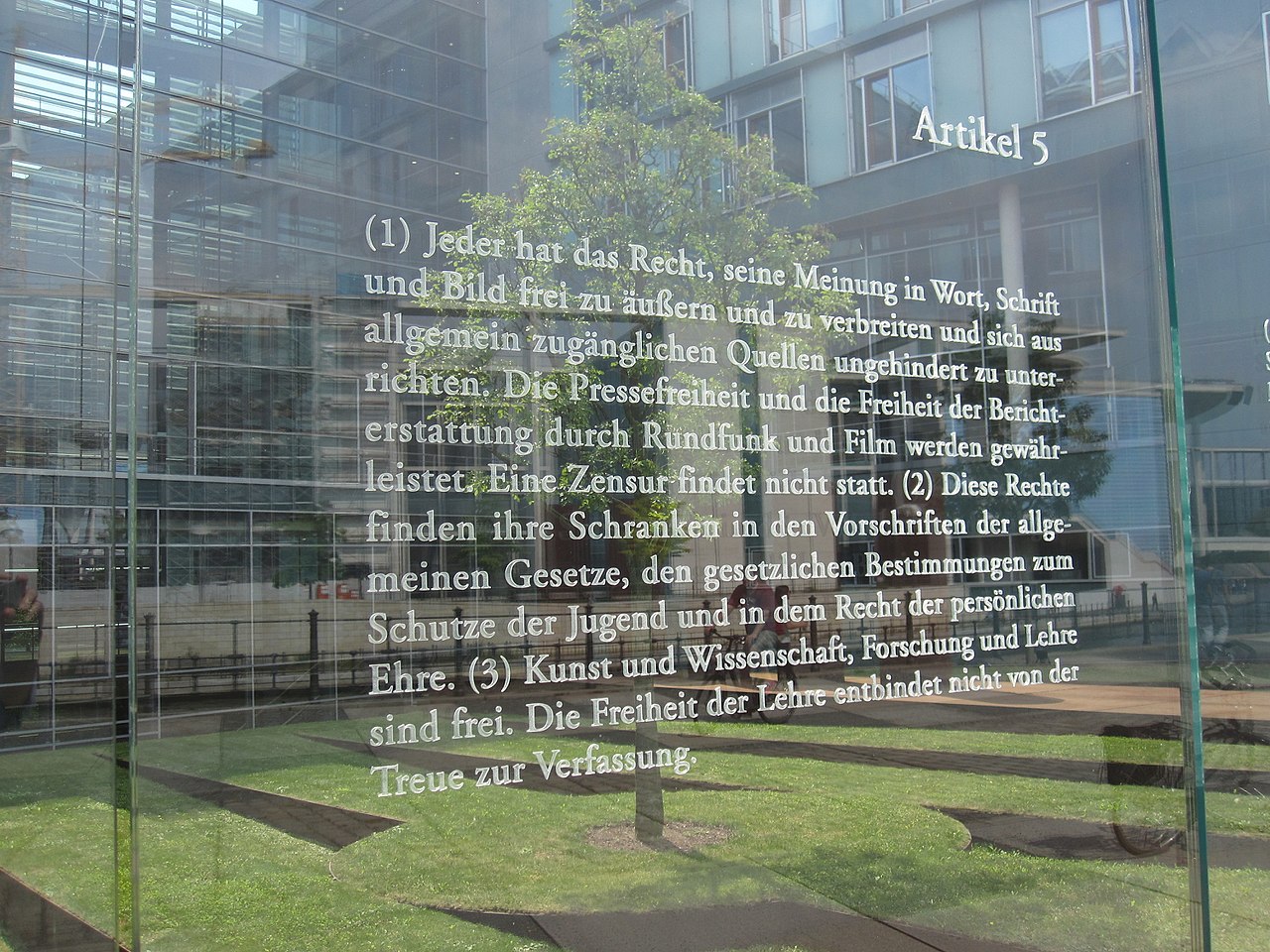New Journal Article: Two Concepts of Academic Freedom. The Relation Between Academia and Politics

The German Network for Academic Freedom has started a heated discussion about whether academia is threatened by moralization and politicization. According to the network, identity politics and ‘cancel culture’ have found their way into academia and are leading to the exclusion of controversial academic positions, thus making critical academic exchange impossible. In response, others argue that the network itself pursues a conservative political agenda and specifically attacks emancipatory schools of thought.
In this new article, published in the Journal of Practical Philosophy (Zeitschrift für Praktische Philosophie), I analyze the two concepts of (‘academia’) freedom that underlie the debate. I contrast the negative concept of academic freedom of the network - here academic freedom is understood as freedom from politics - with the critical concept of academic freedom. According to the critical concept, diversification and democratization are crucial for the realization of academic freedom. In addition to empowering marginalized standpoints, a key element of such diversification is to improve working conditions for #ichbinhanna.
This article provides for the first time a systematic approach to this struggle over academic freedom and takes the debate an important step further: it shows how and why the negative concept of academic freedom fails and explains how the diversification demanded by the critical concept can be understood and implemented. And it shows why the academic freedom of the professors who have joined together in the network is not constrained by the reorganization of academic power and privilege structures in a problematic way either.
Abstract
Academic freedom is predominantly understood as the freedom of academia from political interference. The article criticizes this negative concept of academic freedom by analyzing its most prominent representative, the Netzwerk Wissenschaftsfreiheit (Network for Academic Freedom), which thereby one-sidedly attributes politicization to the representatives of socio-critical approaches while presenting its own position as ‘purely scientific’ and politically neutral. In contrast, the article proposes a critical concept of academic freedom that reflects its politicity. Based on the analysis that rigid structures of power and privilege are the central obstacle to collaborative work on academic objectivity, the critical notion of academic freedom is about reflecting on and transforming the relationship between academia and politics. It focuses on the diversification of access opportunities and standpoints within academia – that is, the redistribution of power and privilege. The article develops this concept from a discussion of the relationship between academia and politics in two philosophical justifications of academic freedom and from a reconstruction of critical political theory, particularly Foucauldian power theory and feminist standpoint theory. On this basis, it shows that three different ways of diversifying academia – internal, external-institutional, and external-activist –, which are understood by the negative concept as limiting academic freedom, actually contribute to its improvement.
Cite and download
Schubert, Karsten (2023): Zwei Begriffe Der Wissenschaftsfreiheit. Zum Verhältnis von Wissenschaft und Politik. In: Zeitschrift für Praktische Philosophie 10 (1), 39–78. https://doi.org/10.22613/zfpp/10.1.2.
Related Posts
- New Publication: Defending Plurality. Four Reasons Why We Need to Rethink Academic Freedom in Europe, 19. April 2021
- EARS: Scale to measure epistemological attitudes, 26. February 2024
- Identity politics and the democratization of democracy. Oscillations between power and reason in radical democratic and standpoint theory - New Article in Constellations, 4. October 2023
- Online Evening Lecture: The Relationship between Academia and Politics in the Debate on Academic Freedom, 12. May 2022
- Teaching in the winter term: Struggles about academic freedom and freedom of expression (MA) and Identity Politics (BA, in English), 2. November 2021
Academic FreedomDiversityPrivilegeStandpoint EpistemologyCritique#ichbinhanna
477 Words
2023-09-13 18:29 +0200